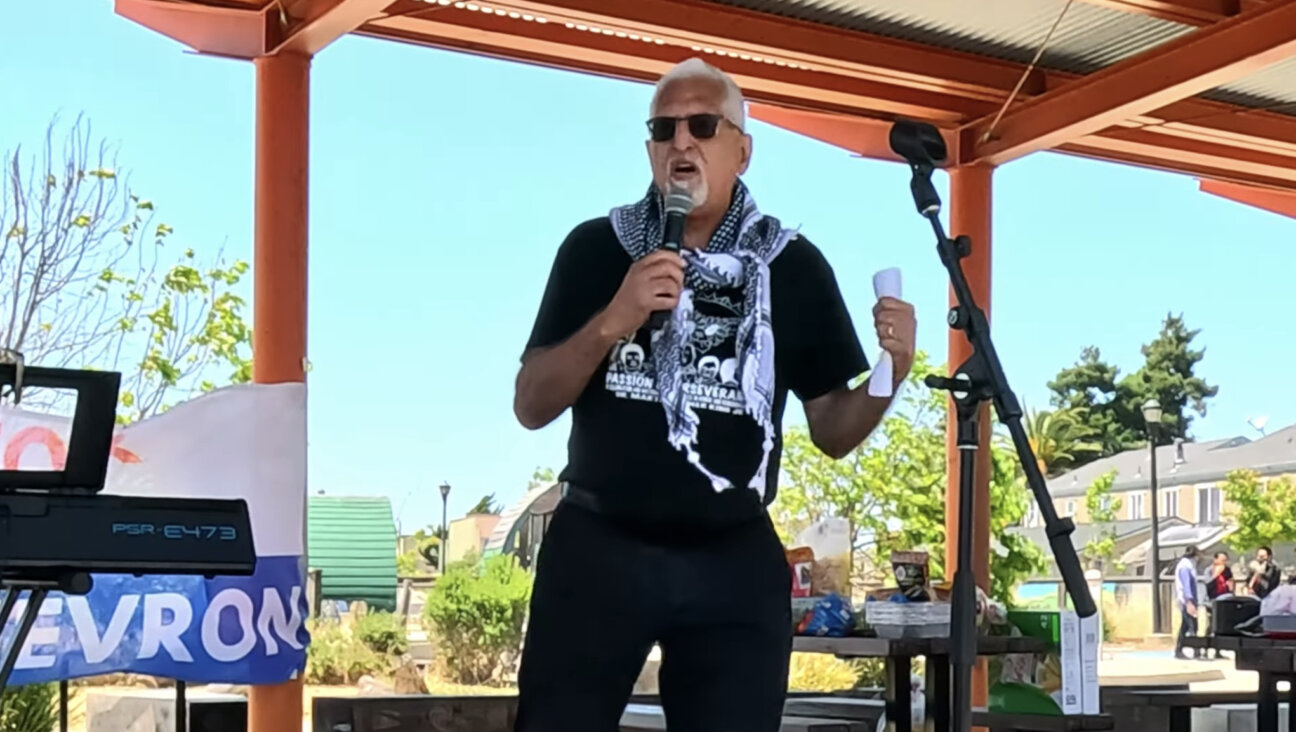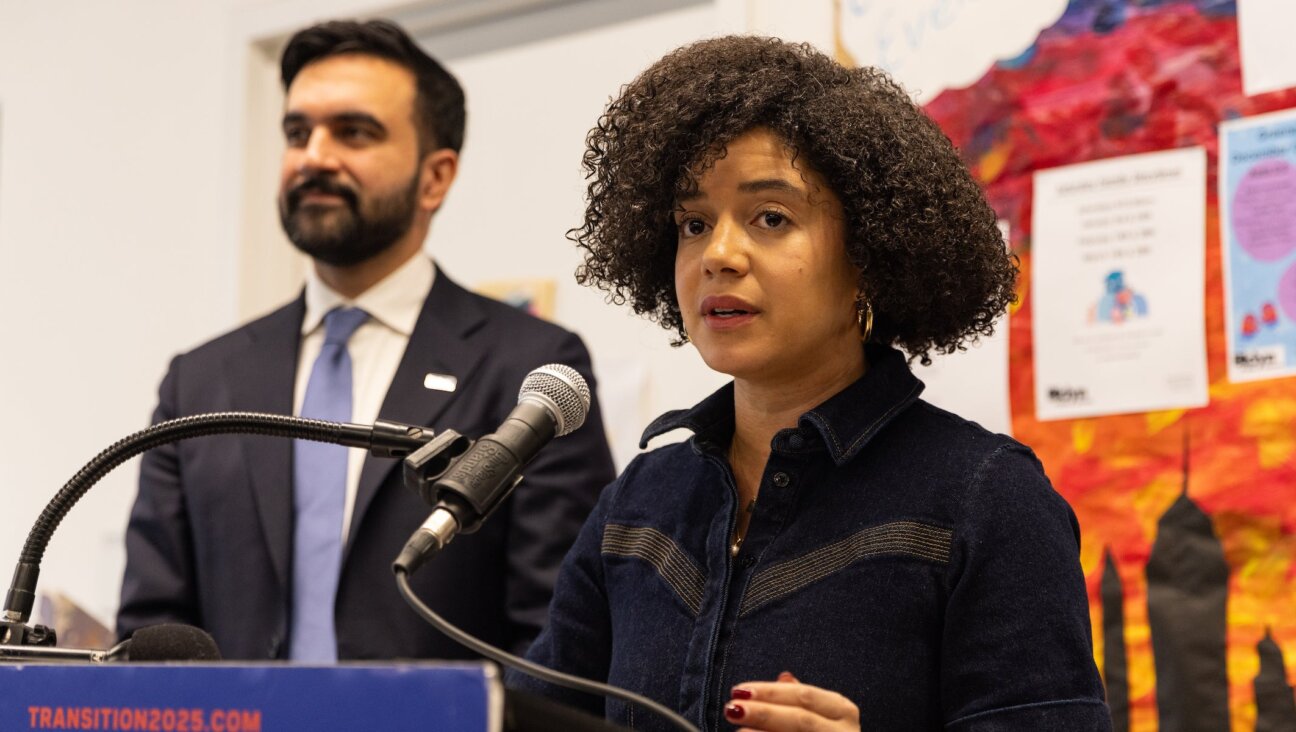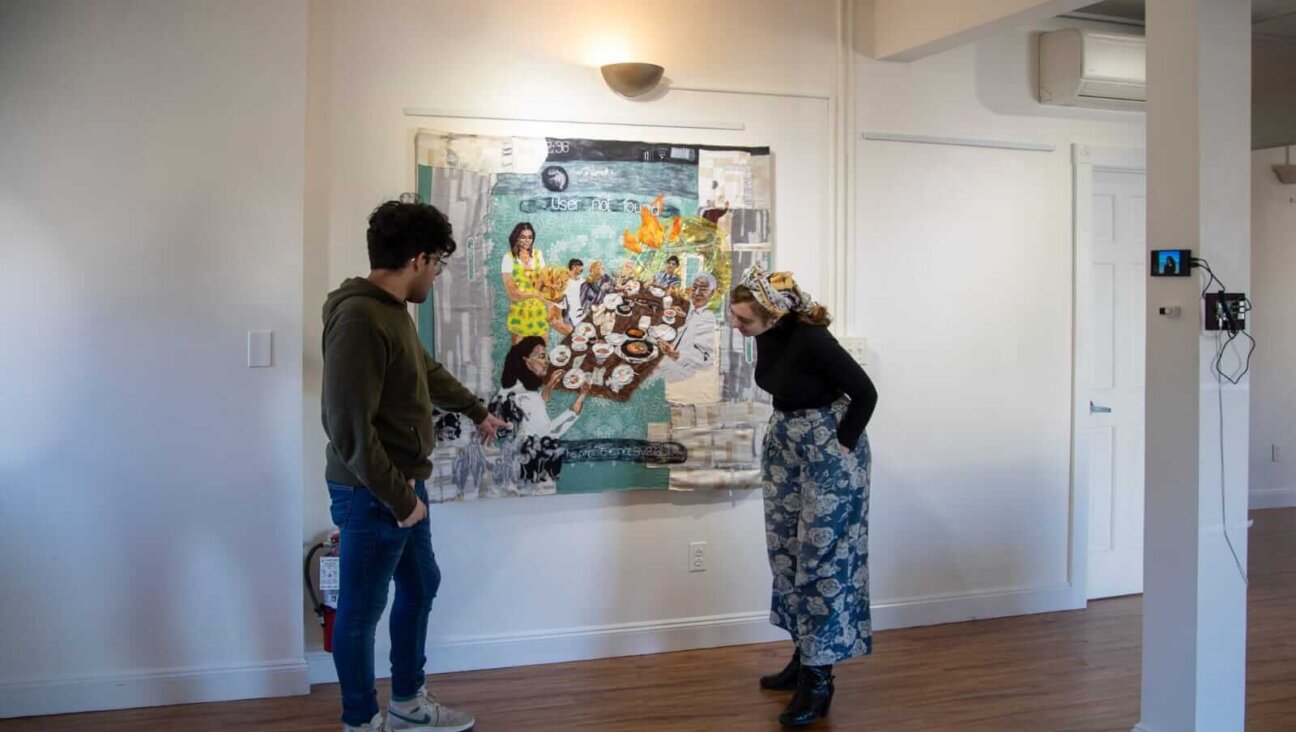Amid ‘Jewish List’ Fears, Hungary Jews Set Up Watchdog To Track Anti-Semitism

Image by getty images
Hungary’s Jewish communities have created a watchdog organization on anti-Semitism modeled after the Anti-Defamation League.
The new Budapest-based, non-governmental entity was recently registered in Hungary as Action and Protection Foundation, or TEV by its Hungarian-language acronym, and is set to have six employees and about 20 volunteers by June, according to Daniel Bodnar, chairman of the organization’s board.
Bodnar said TEV is made up of delegates from the major organizations representing Hungarian Jews.
“We decided to create this body out of the realization that anti-Semitic statements have become more common and acrimonious as public discourse continues to deteriorate in Hungary – a country which unfortunately has a strong par excellence neo-Nazi party in its Parliament,” Bodnar said in reference to Jobbik, the country’s third largest party.
In November, a senior lawmaker for Jobbik said in Parliament that Jews needed to be listed as “security threats,” drawing strong-worded international condemnations and triggering several protest rallies in Hungary.
“A body which monitors and counters this phenomenon is now sadly a pressing necessity for the Jewish community, because it is affecting the quality of life of this community of about 100,000 Jews,” Bodnar, a leading member of the Chabad-affiliated EMIH, Unified Hungarian Jewish Congregation, told JTA at EMIH’s Budapest offices. TEV will be headquartered in a nearby building, he said.
The Hungarian authorities do not collect data specifically relating to anti-Semitism, according to the European Union Agency for Fundamental Rights annual report for 2012.
Bodnar added that despite verbal and political anti-Semitism, “physical attacks are very rare, virtually nonexistent, in Hungary and are not comparable with what we see in France and other Western European countries.” Other delegates for the foundation include Andras Heisler, a former president of the Federation of the Jewish Communities in Hungary, or Mazsihisz, a Reform leader, and other local secular Jews.
Once fully operational, the foundation will require a budget of several hundred thousand dollars to carry out its plans of holding a national survey of the general population’s attitudes toward Jews and set up a hotline for complaints of anti-Semitism this year, Bodnar said. The money will come from private donors.
“One of the main challenges we face is changing the mentality of non-reporting among members of the Jewish population,” Bodnar added. Years of Communist rule have resulted in “a reluctance” to speak out, which means the vast majority of incidents are not even reported, he said. “We need to instill the awareness that any offense can and needs to be reported, an awareness that exists in the U.S. and other Western countries,” Bodnar said.

Image by getty images

Image by getty images

Image by getty images













